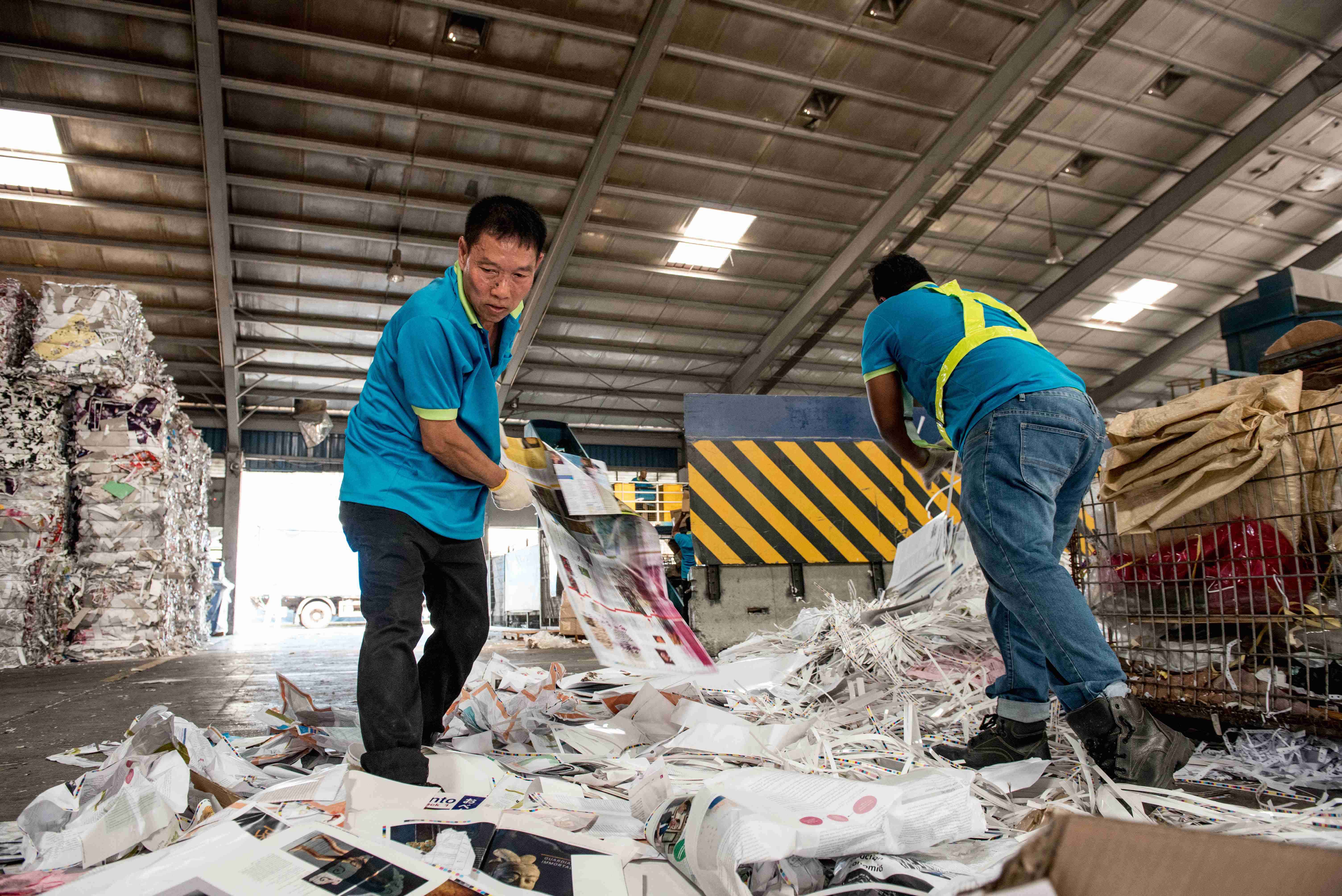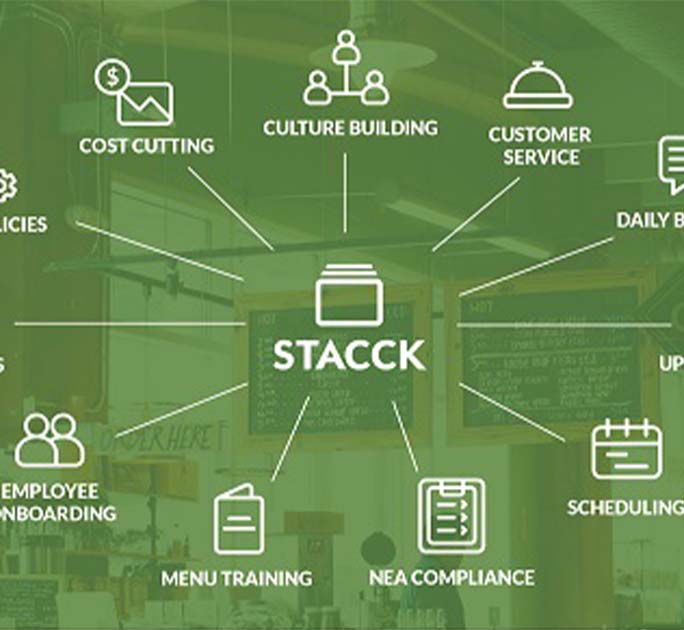M&A Trends in F&B - Interview with F&B Specialist
People often think of selling their businesses when they hit the rocks, but is that really a wise move? We talk F&B buy and sell.

Author: DBS BusinessClass, Administrator of DBS
Few restaurateurs ever think of selling their business when it is rolling in the dough. But while it seems to fly in the face of common sense, it makes quite a bit of business sense, says management consultant Neo Siew Khim.
“A lot of times, SME owners say, ‘I'm not doing badly, why should I sell?’ Actually, that's the best time to sell, because that is the time you have the negotiation power,” she explains.
At the peak of their performance, not only can businesses get the best price, they can also entice the most suitable buyer or investor if the decision eventually is to expand, not exit, their food and beverage business.
Ms Neo, managing director of NSK Consulting – a boutique firm focusing on mergers and acquisitions in the food and beverage sector – knows what she is talking about. She has match-made several F&B businesses with investors who bought over the restaurants, signed franchise agreements, or went into some form of joint venture to expand the business.
Some deals that she has sealed include selling off a successful juice and salad bar as the owner was looking to move to another country; match-making processed meat manufacturer and butchery business Zac Meat & Poultry Pte Ltd with F&B conglomerate Commonwealth Capital Group (acquired Pastamania, Swiss Bake and Swiss Treat, and New York Bagels) to exponentially grow its manufacturing, central kitchen and butchery business; and helping a catering solutions business hoping to go public in 3 years’ time expand its business.
She adds that it is wrong to believe that businesses have to be big before it can be sold. “As long as you're a brand name, your products and services are good, your financials are strong and you have good growth and profitability potential, you just find the right buyer. You can sell.”
But standing out among the slew of F&B outlets in Singapore can be tough, as the industry is cut-throat competitive with as many as half closing shop within the first few years of opening. In December last year, The Straits Times reported that almost half of the 369 cafes, coffee houses and snack bars set up in 2011 have closed down.
Apart from keeping up with constantly changing taste buds of customers – be it for food or ambience – the biggest challenge is recruiting and retaining staff due to the low pay and long hours. “With so many different outlets sprouting up all over the place, there are just not enough people in service,” she notes.
Yet, while running a restaurant is no piece of cake, there is still lots of room to grow the pie – especially in Asia.
With over 20 years of experience in professional services specialising in the F&B Industry spanning organisational development, training and mergers and acquisitions, she sees new trends emerging constantly. Among the latest is cross-country and cross-industry business deals which have even brought together French high fashion and Chinese food. Think L Capital Asia, the private-equity arm of luxury goods giant LVMH Moet Hennessy Louis Vuitton buying home-grown Chinese restaurant group Crystal Jade.
“In Asia, our consumer base is growing bigger and bigger, so it attracts a lot of attention and interests from international players to want to move into Asia – in particular, Singapore,” she says, pointing out that the country’s friendly and open investment climate is another plus point.
She cites another example of seafood processing company Fassler Gourmet, which is well-known for its smoked salmon products and currently the only fish smokehouse in Singapore. It was “sold” to Credence Partners, a private equity fund which seeks to provide growth capital to small and medium enterprises (SMEs) with unique value and strong management.
Going forward, F&B businesses can also utilise many new food technologies to improve and innovate work processes – from simple online apps for customer orders and sophisticated kitchen tools that quickly slice and dice, to the high-tech food science of egg replacements and even whole meal replacements using a powdered ingredient called Soylent.
But not all businesses have the stomach for such gastronomic experiments. And so, for those who wish to bow out or seek help in expansion, Ms Neo’s advice is to do so when still in good health.
“There are many ways to value a company but, at the end of the day, you cannot run away from numbers. How you position yourself, how you package yourself… maybe then you can get yourself a better investor that is willing to spend more on you,” advises Ms Neo.
Was this information useful?
Thanks for your feedback
Subscribe to DBS BusinessClass
Stay updated with the latest market trends and industry insights, connect with a network of entrepreneurs, and gain access to exclusive event invitations. Join Asia's fastest growing business community – get your complimentary membership here.





That's great to hear. Anything you'd like to add?
We're sorry to hear that. How can we do better?